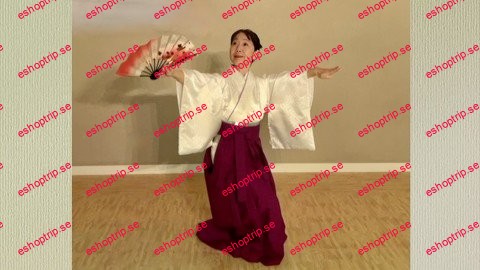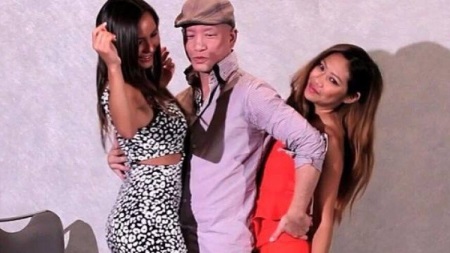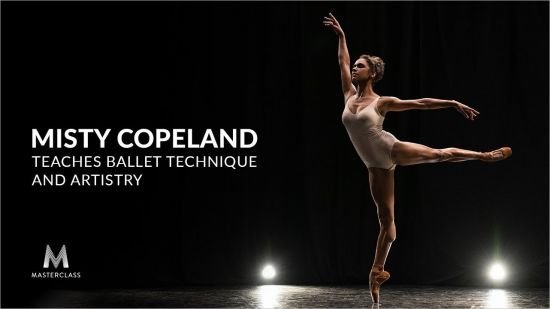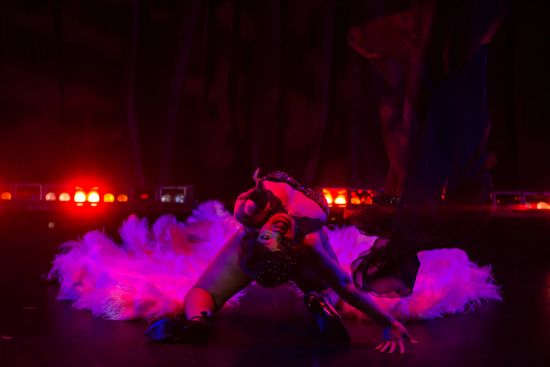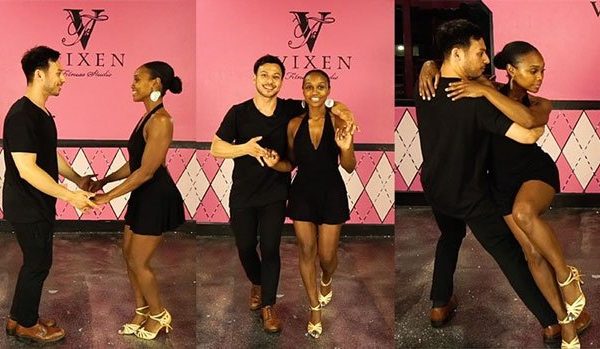Published 5/2024
MP4 | Video: h264, 1920×1080 | Audio: AAC, 44.1 KHz
Language: English | Size: 1.18 GB | Duration: 0h 41m
Learn the Dance “Moon Over the Ruined Castle” and the Technique of Traditional/Classical Japanese Dance / Nihon Buyo
What you’ll learn
You will learn “Moon Over the Ruined Castle (Kōjō no Tsuki), a short (3:30) dance piece in the beginner-intermediate level
By carefully following detailed instructions and repeated practices, you will achieve the mastery level necessary for performing for an audience
Through learning this dance, you will practice and be more skilled in the most fundamental technique of Classical/Traditional Japanese Dance / Nihon Buyō
Through learning this dance, you will practice and be more skilled in using the sensu (dancing fans)
Requirements
Best if you are familiar with the most fundamental technique of Classical Japanese Dance listed below.
Standing position with lowered center of gravity with bent knees known as “koshi o ireru”
Walking without lifting the feet and sliding the soles of the feet across the floor; known as “suri ashi”
Holding the closed sensu (dancing fan)
Holding the opened sensu in three basic holding positions and how to transition between different holding positions
Description
“Moon Over the Ruined Castle” is a dance I have choreographed for advanced-beginning and pre-intermediate learners who study Classical/Traditional Japanese Dance in the Yamazaki Method™. If you are new to Classical/Traditional Japanese dance, it is best to take Classical/Traditional Japanese Dance – Basic Technique (1), Classical/Traditional Japanese Dance – Using the Sensu (1), Classical Japanese Dance / Traditional Japanese Dance (1) “Nihonbashi Bridge in the City of Edo” and (2) “Sakura Cherry Blossoms” before taking this course. Furthermore, the choreography of this dance utilizes techniques introduced in “Basic Technique (2)” (coming soon) and “Using the sensu (2)” (coming soon), so taking all these courses together will give you a more solid foundation.Through learning this dance, you will practice essential components of Classical/Traditional Japanese Dance technique: suriashi sliding steps, using the sensu (dancing fan), and techniques used for masculine forms of dance. However, this dance is meant to be gender-neutral and may be danced in any expression along the gender spectrum.This dance is also useful for intermediate and advanced learners to master finer nuances of expression in Classical Japanese Dance.You will also find information on recommended costumes, where to buy the sensu, and where to find the music in the resources section at the end of the course.
Overview
Section 1: Demonstration
Lecture 1 Watch my demonstration of the dance
Section 2: Verse 1 – Instructions
Lecture 2 Verse 1 – Instructions: Learn the first verse
Lecture 3 Verse 1 – Instructions with very slow music
Lecture 4 Verse 1 – Practice with music
Section 3: Verse 2 – Instructions
Lecture 5 Verse 2 – Instructions: Learn the second verse
Lecture 6 Verse 2 – Instructions with very slow music
Lecture 7 Verse 2 – Practice with music
Section 4: Verse 3 – Instructions
Lecture 8 Verse 3 – Learn the third verse
Lecture 9 Verse 3 – Instructions with very slow music
Lecture 10 Verse 3 – Practice with music
Section 5: Practice the entire dance with me
Lecture 11 Practice the entire dance with me
Section 6: Resources
Lecture 12 About this dance
Lecture 13 Costume, sensu, and music
Experienced beginners,Pre–intermediate learners,Intermediate learners,Advanced learners,Teachers who want to learn a short dance to teach their students
Homepage
https://anonymz.com/?https://www.udemy.com/course/classical-japanese-dance-traditional-japanese-dance-3/
